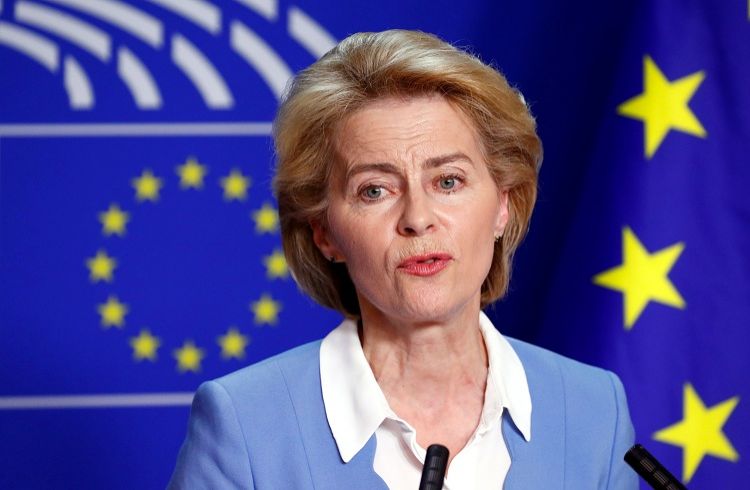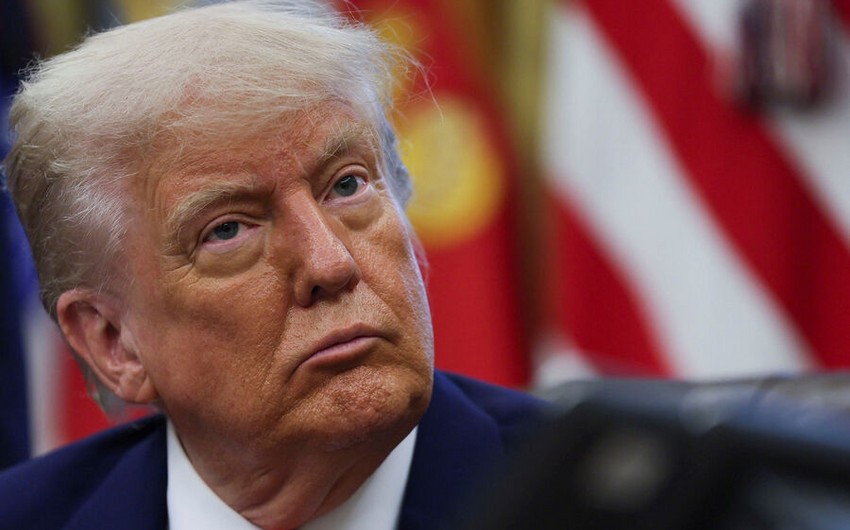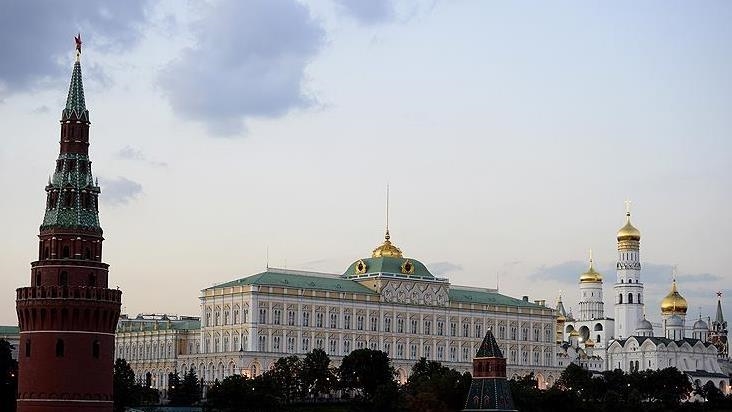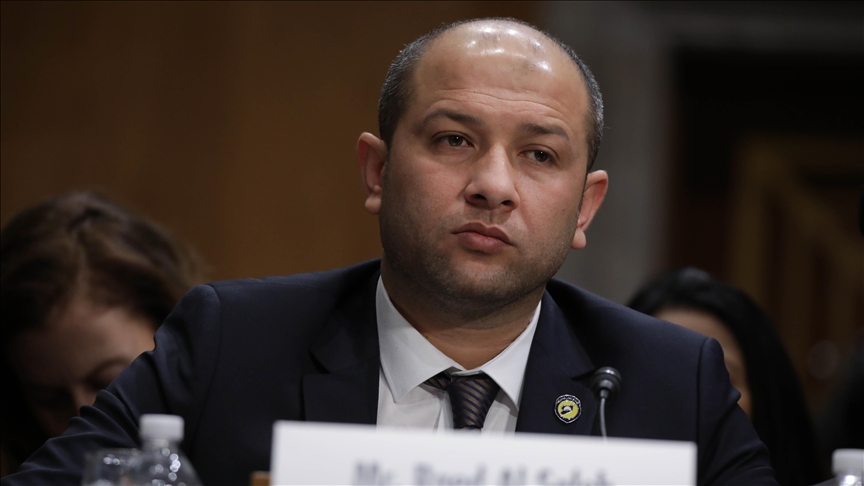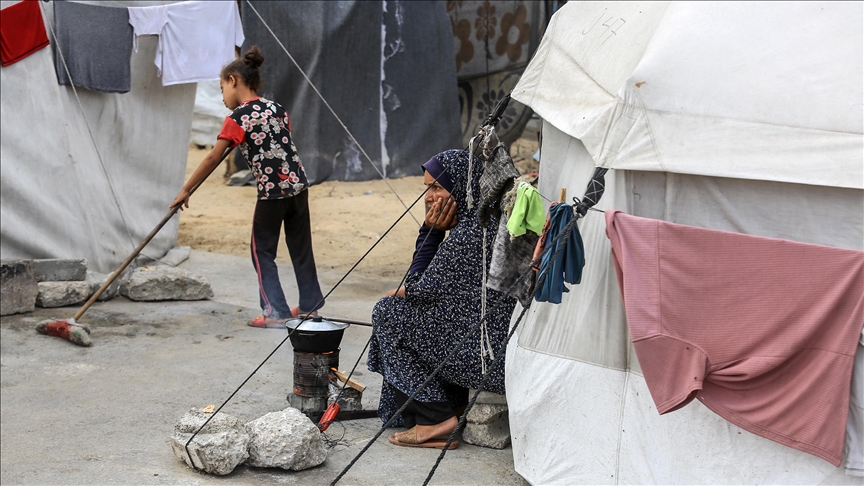Ursula von der Leyen, the European Commission president-elect, has promised to run a “geopolitical commission” in the next five years. A recent study by the European Council on Foreign Relations, the international think-tank, shows that this is what Europeans want, too — but Von der Leyen’s vision of the EU’s global role isn’t necessarily aligned with theirs, Business Day reports.
Von der Leyen’s description of her mission builds on her predecessor Jean-Claude Juncker’s idea of a “political commission”, one that represents the democratic will of European citizens rather than the policy preferences of an unelected technocratic elite in Brussels. The president-elect cannot quite make the same promise: she got her appointment as a result of backroom dealing by national leaders, not by any democratic process. What she proposes instead is to run the EU’s policy-making and regulatory body as the united front Europe presents to the world.
“This team,” she declared when presenting the commissioners-designate earlier this week, “will shape the European way: we will take bold action against climate change, build our partnership with the US, define our relations with a more self-assertive China, and be a reliable neighbour, for example to Africa.”
The goal of defining the EU’s role in the world is in line with what Europeans want from the bloc. This year, the foreign-relations council commissioned YouGov, the polling organisation, to survey more than 60,000 people throughout the EU, and discovered “widespread public support for the idea of the EU becoming a cohesive global actor”, according to council senior policy fellow Susi Dennison.
But the survey also revealed “a growing divergence between the public and the foreign policy community on several key issues — ranging from trade and the transatlantic relationship to EU enlargement”, Dennison wrote.
As one can see from Von der Leyen’s remark, she holds the traditional view that the US is Europe’s ally and that China’s growing assertiveness is a worry if not a threat. But the foreign-relations council survey shows that the dominant view among voters in Europe is that both the US and China are the EU’s geopolitical rivals.
If the EU broke up tomorrow, the survey revealed, the biggest loss to people in most member states would be its ability to act as a continent-sized power in contests with the US, China and Russia.
Perhaps the most surprising revelation, given that all but five EU countries are also Nato members, is that Europe wouldn’t necessarily back the US in such contests. The clear preference is for neutrality, even in countries such as Poland where the US is popular.
Europeans are clearly more pro-US than pro-China or pro-Russa. Majorities or large pluralities exist everywhere for continued economic sanctions against Russia. In every EU country where the survey was taken, voters also believe that the EU, the national government or both should do more to protect that nation’s economic interests vis-à-vis China. But the craving for a neutral status shows that US President Donald Trump’s isolationist instincts may be vindicated and that Nato isn’t necessarily the right framework on which the US should base its relationship with Europe.
For Von der Leyen, on the other hand, it means there’s more popular support than usually assumed for more intra-EU defence and security co-operation. Such projects had a hard time getting off the ground under Juncker, and the new commission structure doesn’t appear to attach more importance to them. The Von der Leyen commission doesn’t even have a separate security portfolio (British commissioner Julian King holds it in the outgoing line-up).
The survey shows that in every participating country except France, pluralities think their own government would do better at representing the national economic interest than the EU; in France, the most popular answer is that “both” would do best. This should be a worrying signal for Von der Leyen — but in her commission, the trade portfolio hasn’t increased in importance compared with the Juncker commission. If the new president were thinking geopolitically, it probably would have made sense to appoint at least a commission vice-president to represent Europe in an era of trade wars and the World Trade Organisation’s decline.

